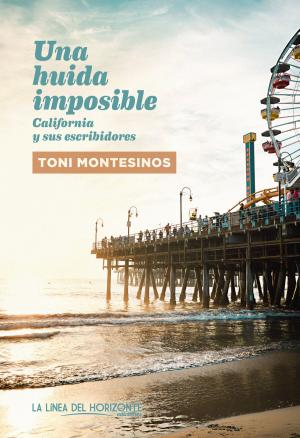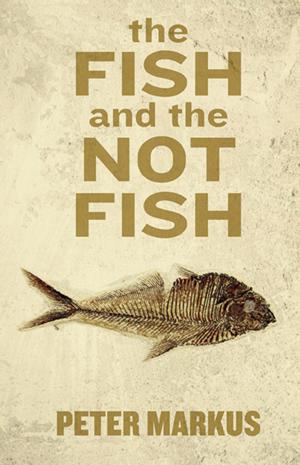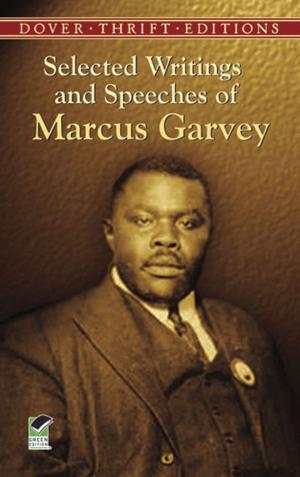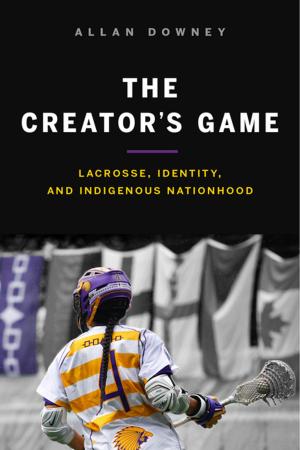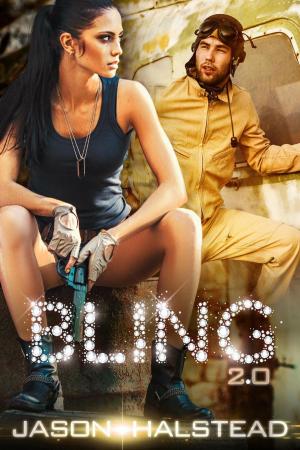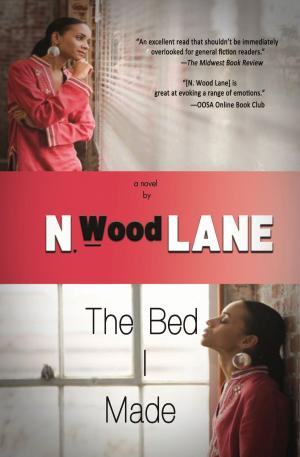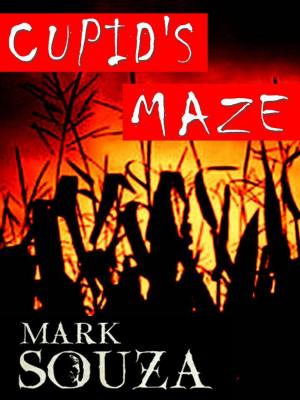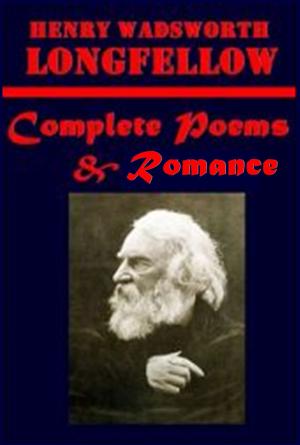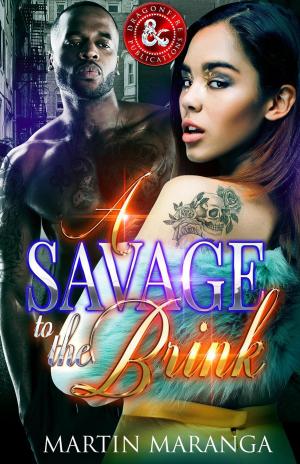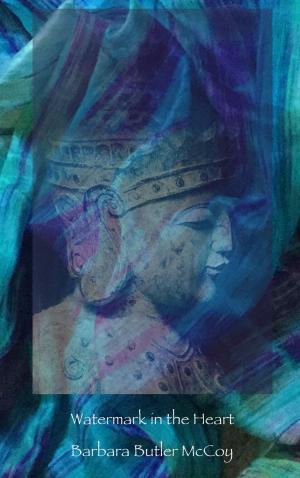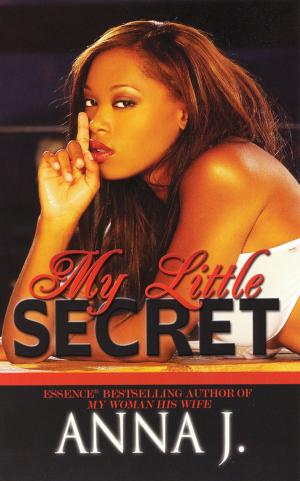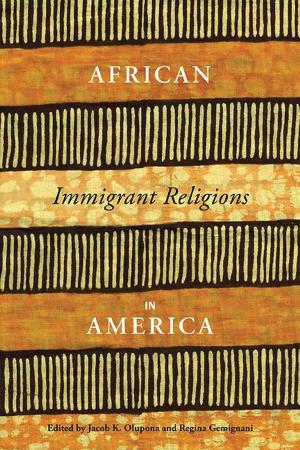| Author: | Julius Jamaal McLean | ISBN: | 9780997172621 |
| Publisher: | Julius Jamaal McLean | Publication: | April 29, 2016 |
| Imprint: | Smashwords Edition | Language: | English |
| Author: | Julius Jamaal McLean |
| ISBN: | 9780997172621 |
| Publisher: | Julius Jamaal McLean |
| Publication: | April 29, 2016 |
| Imprint: | Smashwords Edition |
| Language: | English |
Harlem Nights and Footstep Blues is a poetry collection consisting of 65 poems. The poems are separated into 11 distinct sections that tell their own story, while still fitting into the overall story of the collection. Although not limited to African American influences and content, the collection is very much inspired by the work of African American poets and writers like Langston Hughes, Paul Laurence Dunbar, James Baldwin, W.E.B. Du Bois, and Frederick Douglass and from the black cultural, social, and artistic revival that took place during the period known as the Harlem Renaissance.
Harlem Nights and Footstep Blues is about encapsulating the Harlem Renaissance state of mind and encouraging young black minds to express themselves and “catch a glimmer of their own beauty” as Langston Hughes urged his young black contemporaries to do in his essay "The Negro Artist and the Racial Mountain" (1926), albeit with modern flair. The creative license that black artists had to express themselves and their art during the Harlem Renaissance is the blueprint for the poetry and artistic expression in the collection. Harlem Nights and Footstep Blues is rooted in a modern sense of black cultural, social, and artistic rebirth while paying homage to the artistic foundation laid by the great pioneers of the past.
Harlem Nights and Footstep Blues is a poetry collection consisting of 65 poems. The poems are separated into 11 distinct sections that tell their own story, while still fitting into the overall story of the collection. Although not limited to African American influences and content, the collection is very much inspired by the work of African American poets and writers like Langston Hughes, Paul Laurence Dunbar, James Baldwin, W.E.B. Du Bois, and Frederick Douglass and from the black cultural, social, and artistic revival that took place during the period known as the Harlem Renaissance.
Harlem Nights and Footstep Blues is about encapsulating the Harlem Renaissance state of mind and encouraging young black minds to express themselves and “catch a glimmer of their own beauty” as Langston Hughes urged his young black contemporaries to do in his essay "The Negro Artist and the Racial Mountain" (1926), albeit with modern flair. The creative license that black artists had to express themselves and their art during the Harlem Renaissance is the blueprint for the poetry and artistic expression in the collection. Harlem Nights and Footstep Blues is rooted in a modern sense of black cultural, social, and artistic rebirth while paying homage to the artistic foundation laid by the great pioneers of the past.

